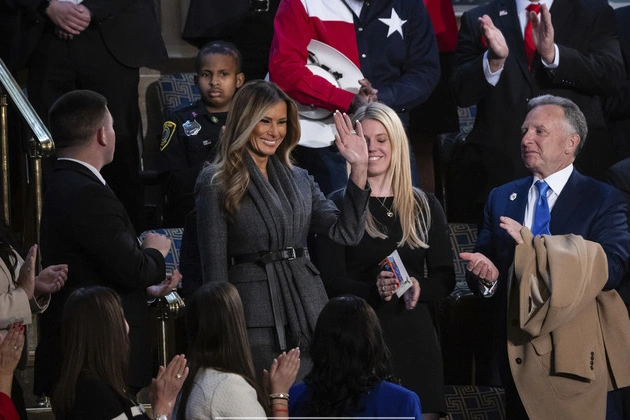
California Withdraws Requests to Enforce Pollution Rules Ahead of Trump Administration
California officials have decided to withdraw their final requests to enforce their nation-leading electric vehicle rules as the Trump administration looms. State officials communicated to the U.S. EPA on Monday that they would not seek federal permission to enforce their regulations covering zero-emission trucks and trains, citing anticipated challenges from the incoming administration.
California’s Advanced Clean Fleets Program
The regulations in question were part of California’s Advanced Clean Fleets program, which aimed to compel operators to purchase zero-emissions trucks. Additionally, the state’s In-Use Locomotive Regulation was set to require railroads to reduce emissions from diesel-powered engines.
Industry groups had previously challenged both rules in court, leading to a prolonged review process at the EPA. California, known for its stringent pollution standards, typically requires federal permission to implement rules that surpass national regulations under the Clean Air Act.
While the EPA acknowledged California’s withdrawal of some requests, the state expressed disappointment that not all matters could be addressed promptly. The California Air Resources Board (CARB) is currently evaluating its options to advance efforts in enhancing the state’s air quality.
Governor Newsom’s Advocacy
California Governor Gavin Newsom had prioritized the approval of the state’s clean air waivers in recent months. During a visit to Washington D.C. following the election, he advocated for the full suite of waivers to be approved by the EPA. However, a return trip was canceled due to wildfires in Los Angeles.
A spokesperson for Governor Newsom reiterated his commitment to environmental causes amidst the challenges posed by the Trump administration. The approval of the waivers by the Biden Administration was welcomed, with a pledge to continue advocating for clean air and water initiatives.
Impact of the Regulations
The regulations under scrutiny could have substantial health benefits, including significant cost savings and improved public health outcomes. Environmental groups had expressed concerns regarding the potential jeopardy the rules faced at the EPA, given ongoing lawsuits by industry groups.
Despite the withdrawal of certain authorization requests, California’s broader efforts to reduce emissions from diesel-powered trucks and phase out fossil-fuel powered passenger car sales remain unaffected. These initiatives, approved by the EPA in December, signify the state’s ongoing commitment to environmental sustainability.
Response to the Decision
Various stakeholders have responded to California’s decision. The Association of American Railroads welcomed the withdrawal of the authorization request for the in-use locomotive rule, emphasizing a commitment to sustainability and emissions reduction.
On the legal front, Nebraska Attorney General Mike Hilgers, leading a lawsuit challenging the Advanced Clean Fleets rule on behalf of conservative states, hailed the decision as a victory for legal principles and state autonomy. He criticized California’s attempt to impose its electric-truck mandate on the rest of the country, labeling it as unconstitutional and bad policy.















